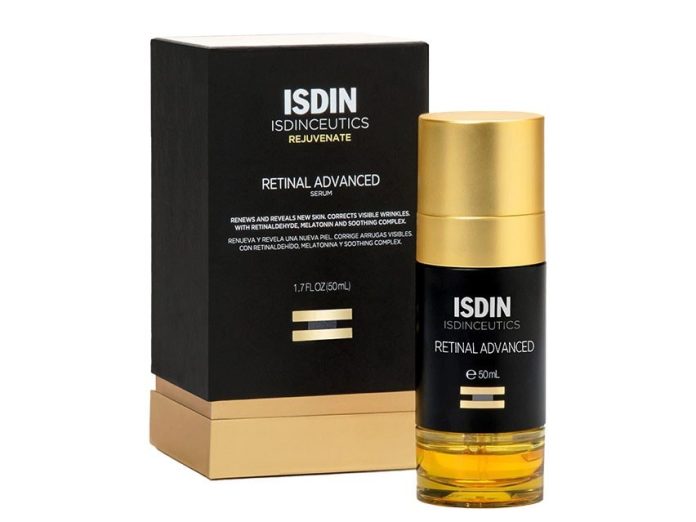The skin-perfecting benefits of retinol products are undeniable. Considered the gold standard of anti-aging, retinol (in its many forms) helps skin behave younger by speeding up the turnover of older, aging cells. Due to its powerful rejuvenating ability, retinol is often the go-to for improving the look of fine lines and wrinkles, dark spots, uneven texture and even acne. However, retinol does have some drawbacks. Retinol’s most potent forms can cause peeling, skin irritation, and increased sensitivity for some people, making it a skin care ingredient that should be used with caution. If you consistently experience these issues with various strengths of retinol, you may need to consider trying a retinol alternative. Let’s explore some questions you may have about retinol and alternatives to retinol, such as:
- Who should avoid retinol?
- What are some alternatives to retinol?
- What retinol alternatives can I try at home?
Who should avoid retinol?
A derivative of vitamin A, retinol comes in a variety of different forms and concentrations. Prescription-strength retinols, like tretinoin and Retin-A, usually yield results in about six weeks, but they can cause irritation. A variety of over-the-counter products containing retinol feature varying strengths and formulations, often including emollients to help minimize peeling and show results in about eight weeks.
Retinol is one of the most clinically tested skin care ingredients with decades of scientifically backed research. Dr. Schlessinger says, “Retinol is a great addition to just about any person’s regimen after they reach the age of 20.”
“At differing strengths, most skin types—even sensitive— can find a retinol that works for them,” says board-certified dermatologist and LovelySkin CEO Dr. Joel Schlessinger. “I recommend my patients start slowly to acclimate and build up to applying it every other day or daily.”
There are a number of newer retinol products out there with gentle formulations. One favorite of Dr. Schlessinger’s is PCA Skin Retinol Treatment for Sensitive Skin, which pairs retinol with skin-soothing niacinamide and Omnisome, a patented delivery system that helps reduce irritation without sacrificing its efficacy. ISDIN Isdinceutics Retinal Advanced Dual-Phase Night Serum is another option. It combines retinal, a vitamin A derivative that’s similar to retinol, with a soothing complex to minimize the sensations of dryness that can oftentimes accompany retinoid use.
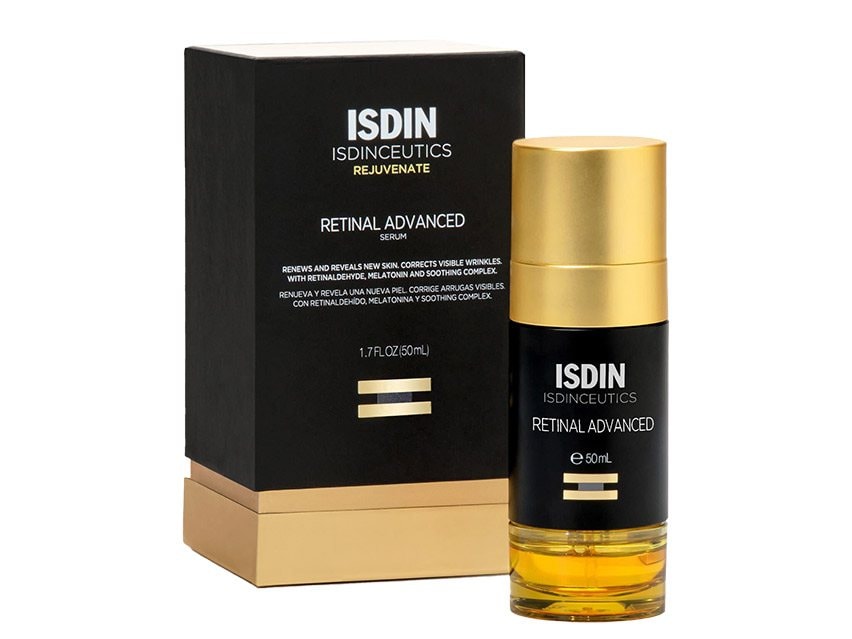
“If there are hot spots from it, often the FixMySkin 1% Hydrocortisone Healing Balm can ease these temporary challenges,” Dr. Schlessinger says.
There are some cases where retinol should be avoided. “For some people, their skin never fully acclimates to retinol, and the irritation persists,” Dr. Schlessinger says. “Also, people who are pregnant or nursing should skip retinol use entirely.”
What are some alternatives to retinol?
Retinol has earned its glowing reputation as the gold standard in skin rejuvenation, meaning there simply isn’t anything that works quite as well as vitamin A. However, if you choose to skip retinol altogether, alternative ingredients may provide some benefits with potentially less irritation.
If you’re looking for a plant-based, natural alternative to retinol, bakuchiol is a popular option. It is found in the seeds of the babchi plant and shows some of the same benefits of retinol. A 2018 study in the British Journal of Dermatology found that using .05% bakuchiol twice a day produced comparable results as using .05% retinol once a day. Bakuchiol is vegan and has high anti-inflammatory, antioxidant and antibacterial properties. However, it is important to note that plant-based ingredients can still cause irritation or reactions for certain people.
Another retinol alternative is afaLUXE, a dermatologist-developed blend of amino-based filaggrin antioxidants, vitamin C and Dead Sea minerals. It offers some similar benefits to retinol, including improving skin tone, boosting collagen production and reducing the appearance and frequency of acne. “This ingredient is very unique in that it has the ability to effectively exfoliate your skin and minimize the appearance of pores, wrinkles and acne, all with virtually no irritation,” Dr. Schlessinger says.
What retinol alternatives can I try at home?
If you’d like to incorporate a retinol alternative into your skin care routine, here are six dermatologist-recommended options to consider.
LovelySkin LUXE Exfoliating Gel Mild 11%
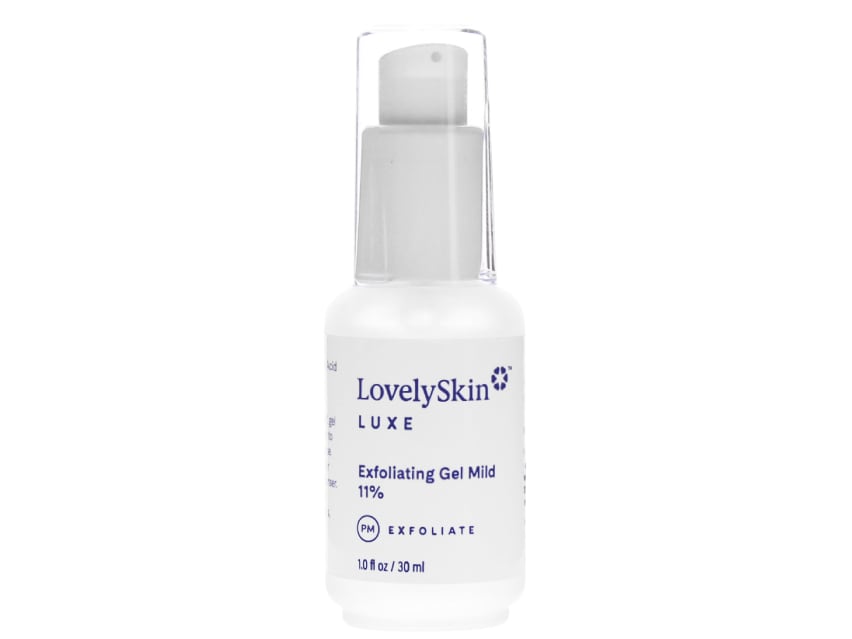
A pregnancy-safe retinol alternative, this exfoliating facial serum is powered by 11% afaLUXE, helping boost your skin’s natural production of collagen for smoother, softer-looking skin.
Eminence Organics Bakuchiol + Niacinamide Moisturizer
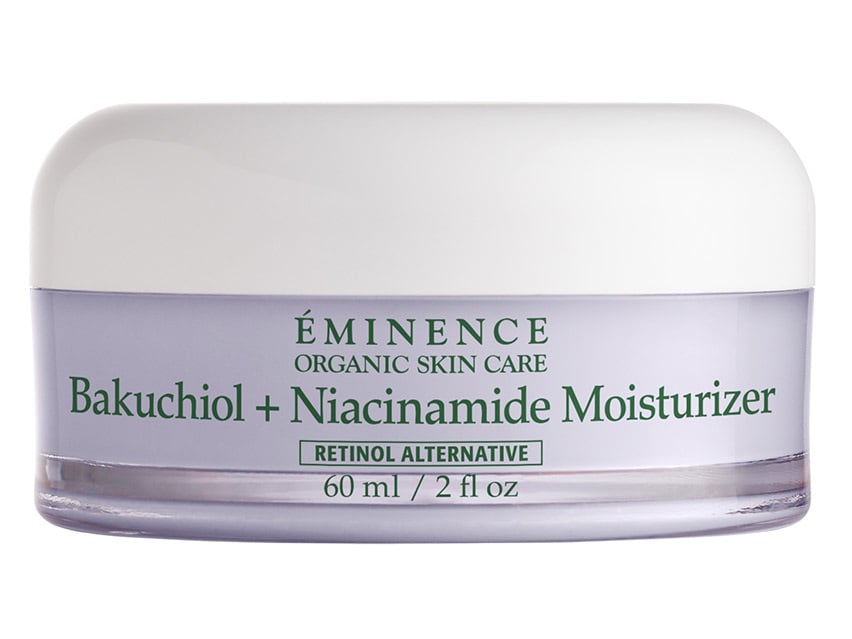
This facial moisturizer uses bakuchiol, a natural alternative to retinol, as well as niacinamide to prevent moisture loss and support the skin’s moisture barrier. It also contains aloe juice and glycerin, two ingredients that provide hydration.
SkinCeuticals Resveratrol B E Antioxidant Night Concentrate
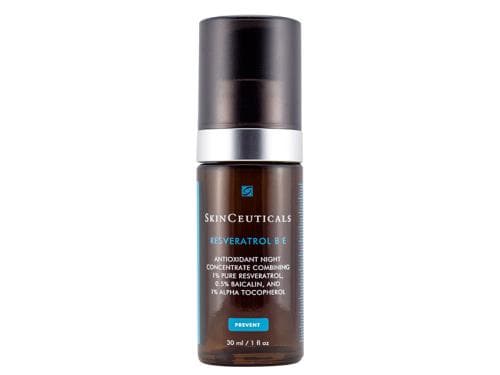
Similar to retinol, this rejuvenating treatment uses resveratrol to protect skin cells from oxidative stress, resulting in a noticeable improvement in the appearance of fine lines, wrinkles, elasticity, and skin texture.
ClarityRx Sleep It Off Retinol Alternative Anti-Aging Mask
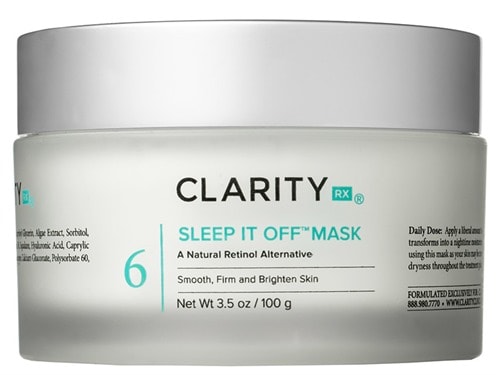
This two-phase, warming mask uses blue-green algae to address issues of rough texture, wrinkles, dark spots, and loss of elasticity, providing a comforting alternative to retinol.
Olivanna Bakuchiol Miracle Night Serum
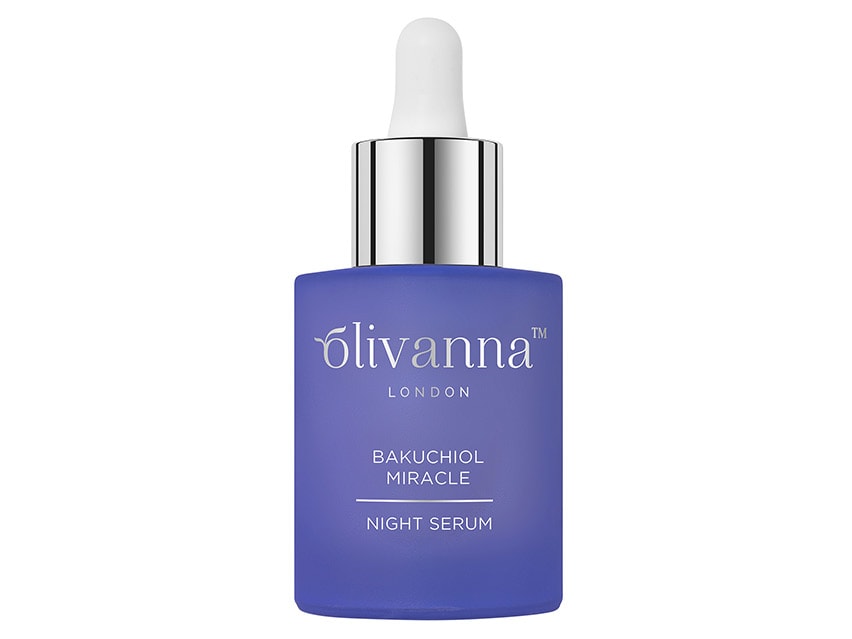
This overnight retinol alternative relies on bakuchiol to help balance discoloration and reduce the appearance of fine lines, along with hyaluronic acid to provide an immediate plumping effect and lifted appearance.
Avene RetrinAL Advanced Serum
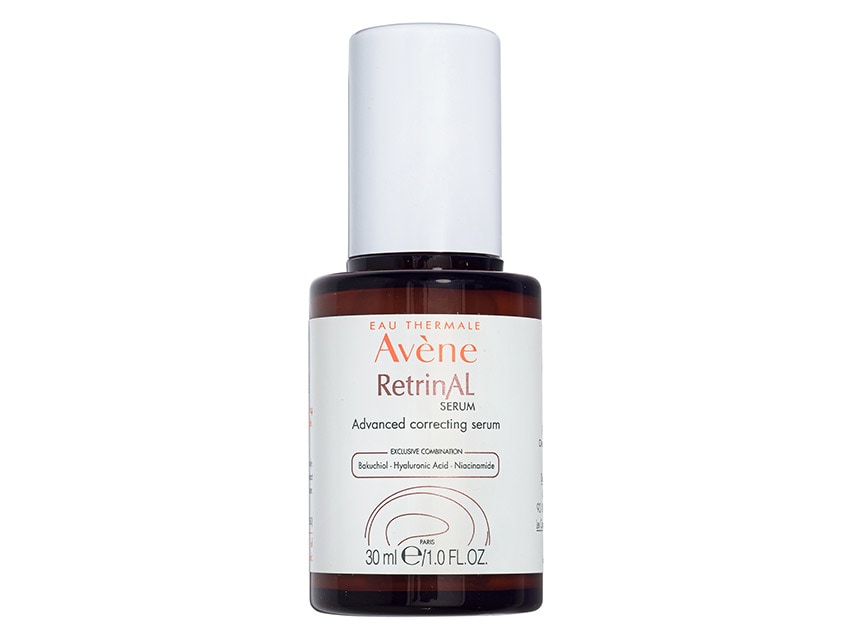
Designed for sensitive skin, this retinol alternative rejuvenates skin with minimal irritation, using bakuchiol, mineral-rich Avene Thermal Spring Water, niacinamide, and a blend of high and low weights of hyaluronic acid to hydrate and plump skin.
Whether you want to improve dry skin or get a glowing, radiant look, there’s a face serum out there to help you achieve your skin care goals. Read more about the best face serums for addressing your biggest skin concerns on the LovelySkin Blog.
